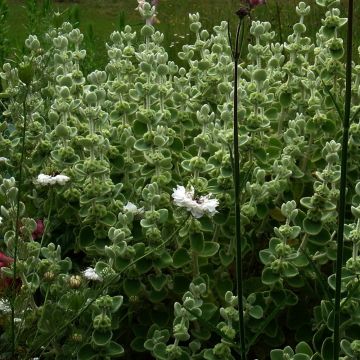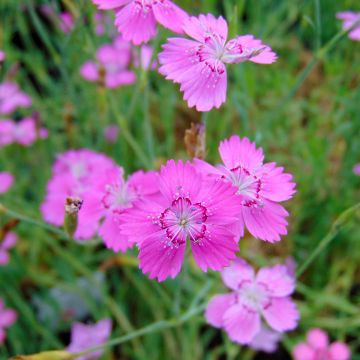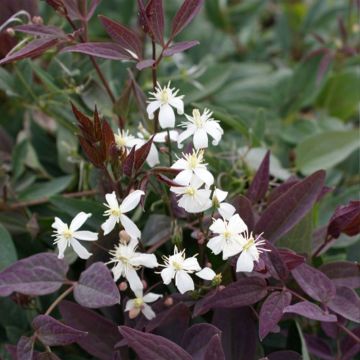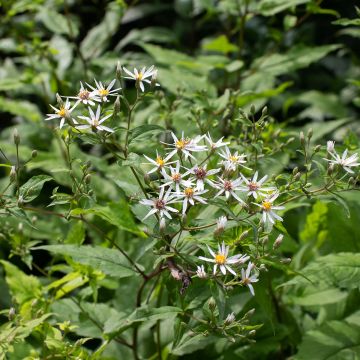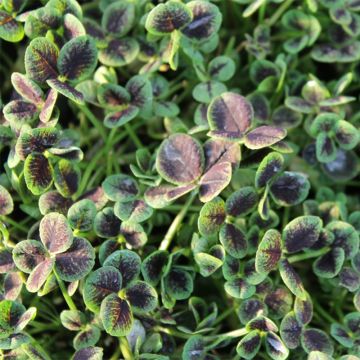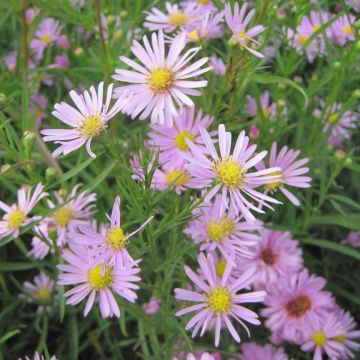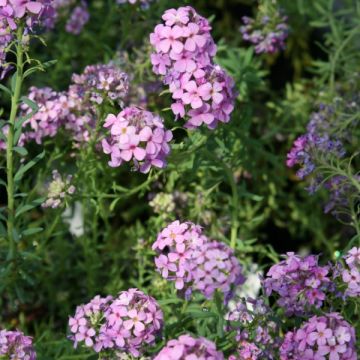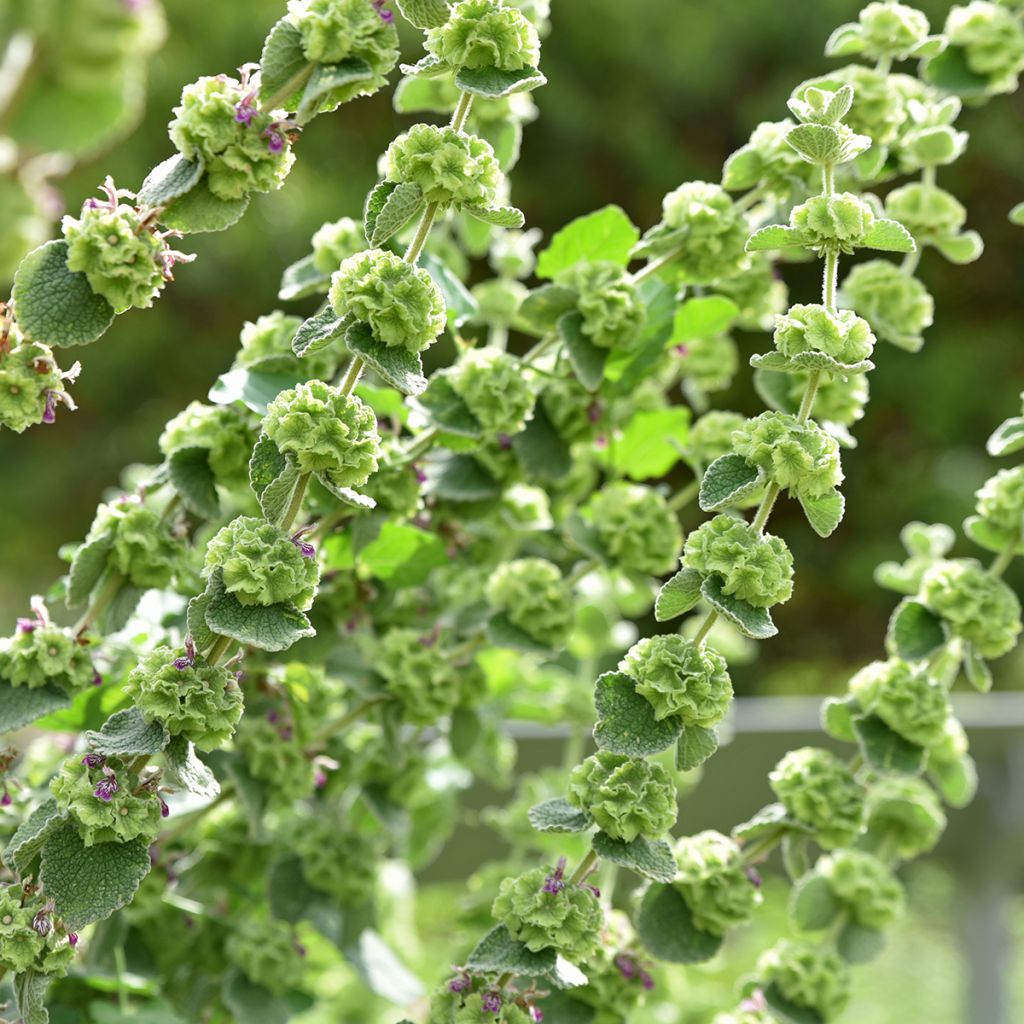

Ballota hirsuta
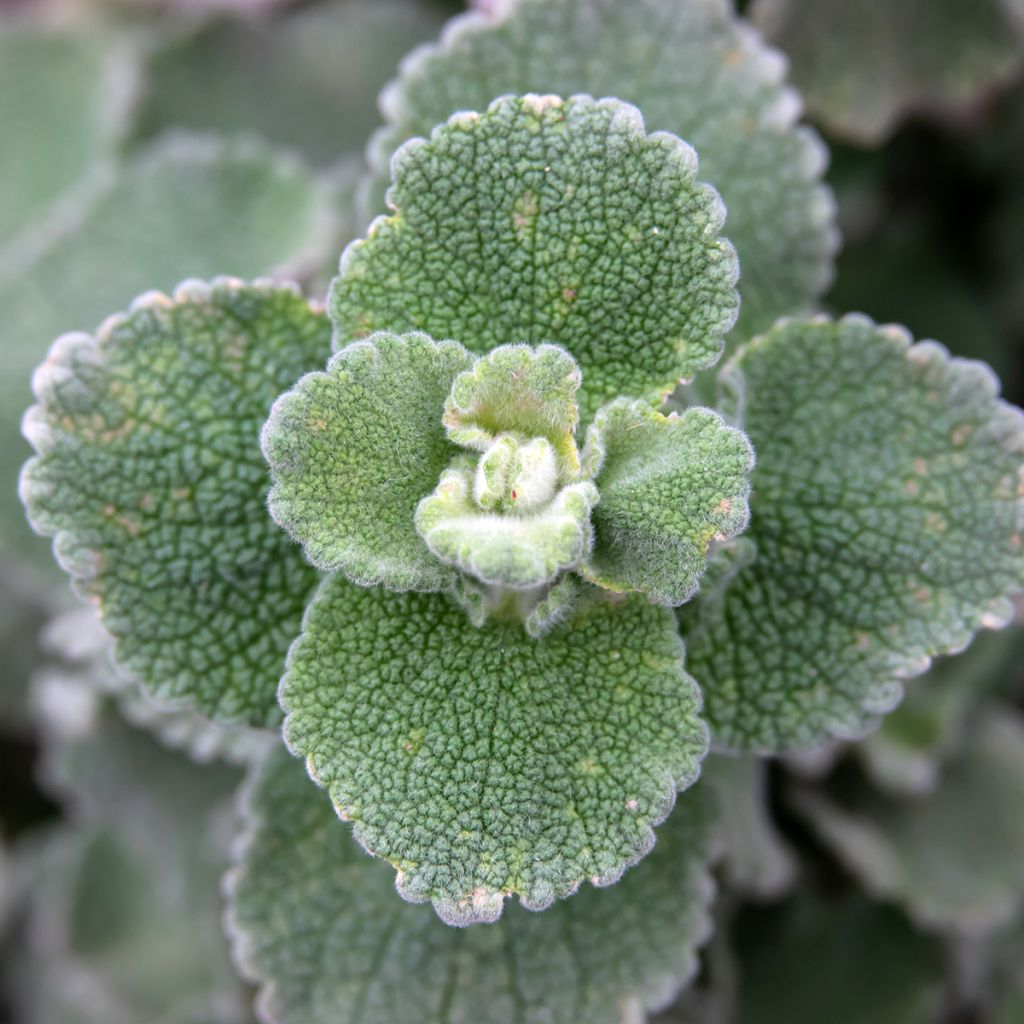

Ballota hirsuta
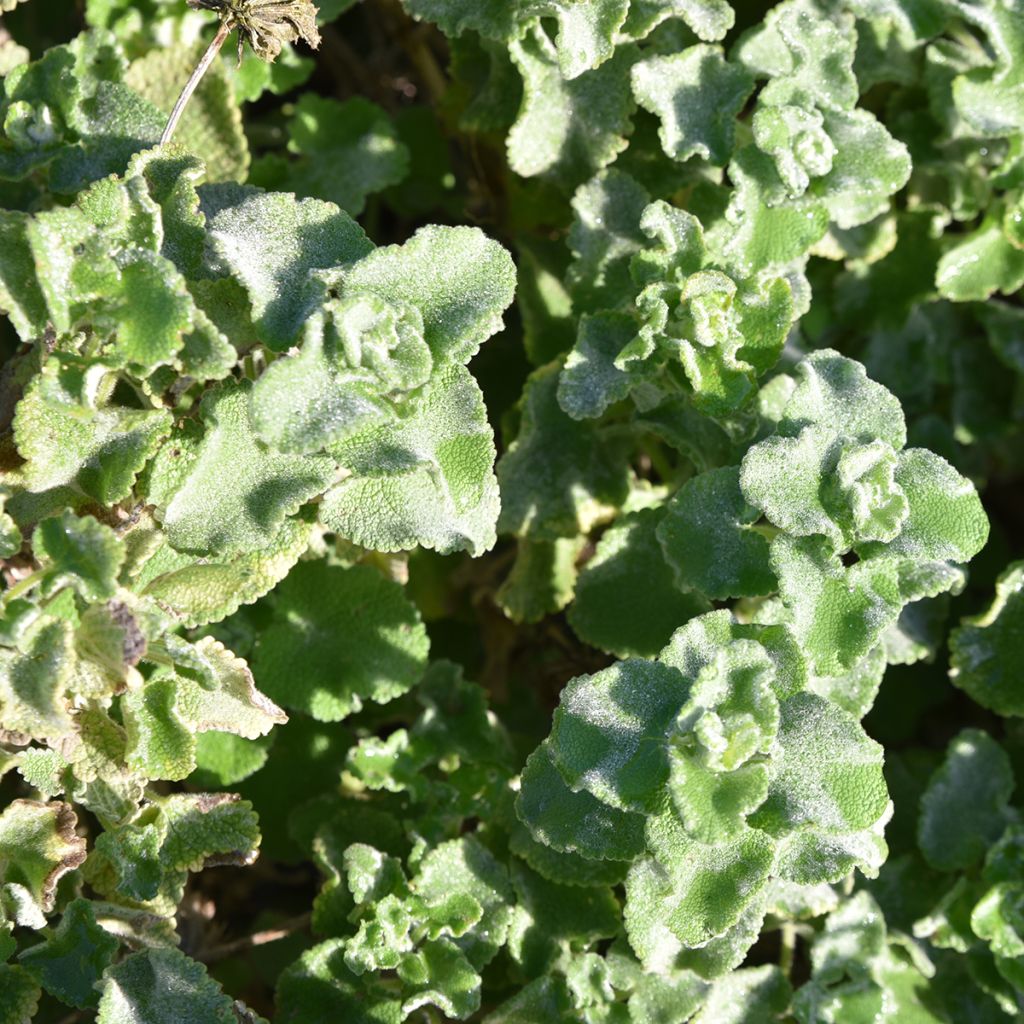

Ballota hirsuta
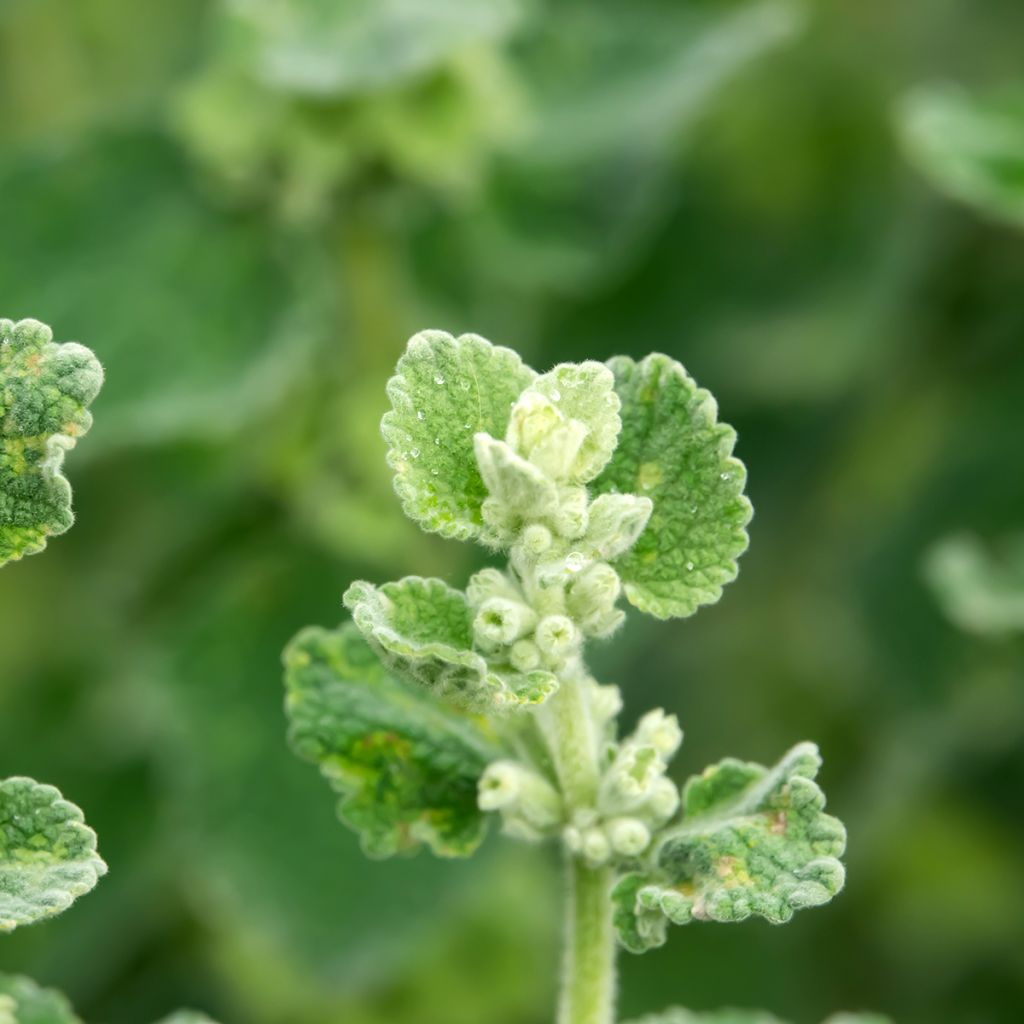

Ballota hirsuta


Ballota hirsuta
Ballota hirsuta
Ballota hirsuta
Hairy Ballota, Hairy Horehound
This plant carries a 12 months recovery warranty
More information
We guarantee the quality of our plants for a full growing cycle, and will replace at our expense any plant that fails to recover under normal climatic and planting conditions.
From €5.90 for pickup delivery and €6.90 for home delivery
Express home delivery from €8.90.
Does this plant fit my garden?
Set up your Plantfit profile →
Description
Ballota hirsuta, also known as Bristly Horehound or Hairy Ballota, is a plant of the garrigue which is extremely decorative even in winter. It forms a compact, wide clump adorned with velvety, soft greyish-green foliage. Its summer flowering is not spectacular, but it attracts certain pollinators. With its cushion-like appearance and refined colour, this ballota will enhance all its neighbours in rockeries and dry gardens, including coastal areas.
Ballota is a cousin of sage from the Lamiaceae family and shares with it its Mediterranean origin. The Ballota hirsuta species is found in the southern half of Portugal and Spain, as well as North Africa. In the wild, it grows on rocky or stony soils, in dry riverbeds, roadside edges, and uncultivated areas, up to an altitude of 1,400 m. Its hardiness is around -12 to -15 °C in well-drained soil. Long, upright wooly looking stems covered in hairs emerge from its woody crown. They are adorned with small, hairy, slightly heart-shaped, wavy, and evergreen leaves. Together, they form a dense cushion about 50 to 60 cm tall and wide, which can be maintained by pruning with shears just after flowering or at the end of winter. This is the only maintenance this carefree perennial will require. Flowering is not its main attraction, tiny tubular flowers with two purple-pink lips, surrounded by grey bracts and arranged in whorls appear in May and July.
The Hairy Ballota naturally finds its place in a waterless Mediterranean garden. It perfectly associates with rockroses, lavenders, rosemarys, and other garrigue plants. You can plant it next to gauras, euphorbias, and tall sedums, in a border for example. It also enhances the pink blooms of ground cover roses. When planted en masse on a slightly arid and neglected slope, its almond-green cushions will be stunning all year round.
Flowering
Foliage
Plant habit
Botanical data
Ballota
hirsuta
Labiatae
Hairy Ballota, Hairy Horehound
Mediterranean
Other Ballota
Planting and care
The Hairy Ballota thrives in well-drained, rocky, even poor soil. You can add gravel during planting if your soil is clayey. It tolerates limestone soils very well and flourishes in full sun. Avoid excessive watering, as it hates stagnant moisture. After flowering or in early spring, reshape the cushion by pruning it with shears, just as you would with Lavenders.
Planting period
Intended location
Care
This item has not been reviewed yet - be the first to leave a review about it.
Summer flowering perennials
Haven't found what you were looking for?
Hardiness is the lowest winter temperature a plant can endure without suffering serious damage or even dying. However, hardiness is affected by location (a sheltered area, such as a patio), protection (winter cover) and soil type (hardiness is improved by well-drained soil).

Photo Sharing Terms & Conditions
In order to encourage gardeners to interact and share their experiences, Promesse de fleurs offers various media enabling content to be uploaded onto its Site - in particular via the ‘Photo sharing’ module.
The User agrees to refrain from:
- Posting any content that is illegal, prejudicial, insulting, racist, inciteful to hatred, revisionist, contrary to public decency, that infringes on privacy or on the privacy rights of third parties, in particular the publicity rights of persons and goods, intellectual property rights, or the right to privacy.
- Submitting content on behalf of a third party;
- Impersonate the identity of a third party and/or publish any personal information about a third party;
In general, the User undertakes to refrain from any unethical behaviour.
All Content (in particular text, comments, files, images, photos, videos, creative works, etc.), which may be subject to property or intellectual property rights, image or other private rights, shall remain the property of the User, subject to the limited rights granted by the terms of the licence granted by Promesse de fleurs as stated below. Users are at liberty to publish or not to publish such Content on the Site, notably via the ‘Photo Sharing’ facility, and accept that this Content shall be made public and freely accessible, notably on the Internet.
Users further acknowledge, undertake to have ,and guarantee that they hold all necessary rights and permissions to publish such material on the Site, in particular with regard to the legislation in force pertaining to any privacy, property, intellectual property, image, or contractual rights, or rights of any other nature. By publishing such Content on the Site, Users acknowledge accepting full liability as publishers of the Content within the meaning of the law, and grant Promesse de fleurs, free of charge, an inclusive, worldwide licence for the said Content for the entire duration of its publication, including all reproduction, representation, up/downloading, displaying, performing, transmission, and storage rights.
Users also grant permission for their name to be linked to the Content and accept that this link may not always be made available.
By engaging in posting material, Users consent to their Content becoming automatically accessible on the Internet, in particular on other sites and/or blogs and/or web pages of the Promesse de fleurs site, including in particular social pages and the Promesse de fleurs catalogue.
Users may secure the removal of entrusted content free of charge by issuing a simple request via our contact form.

































